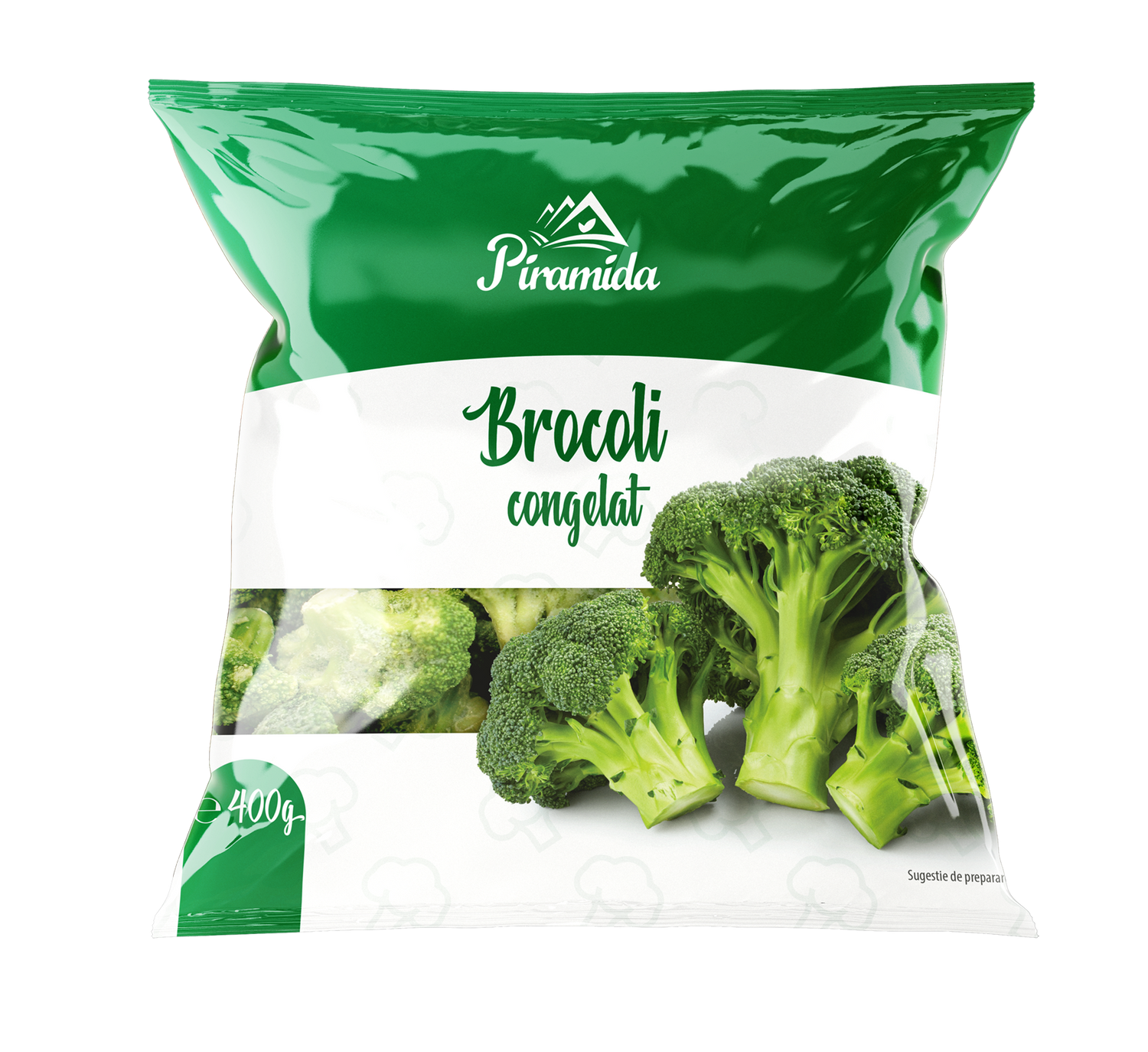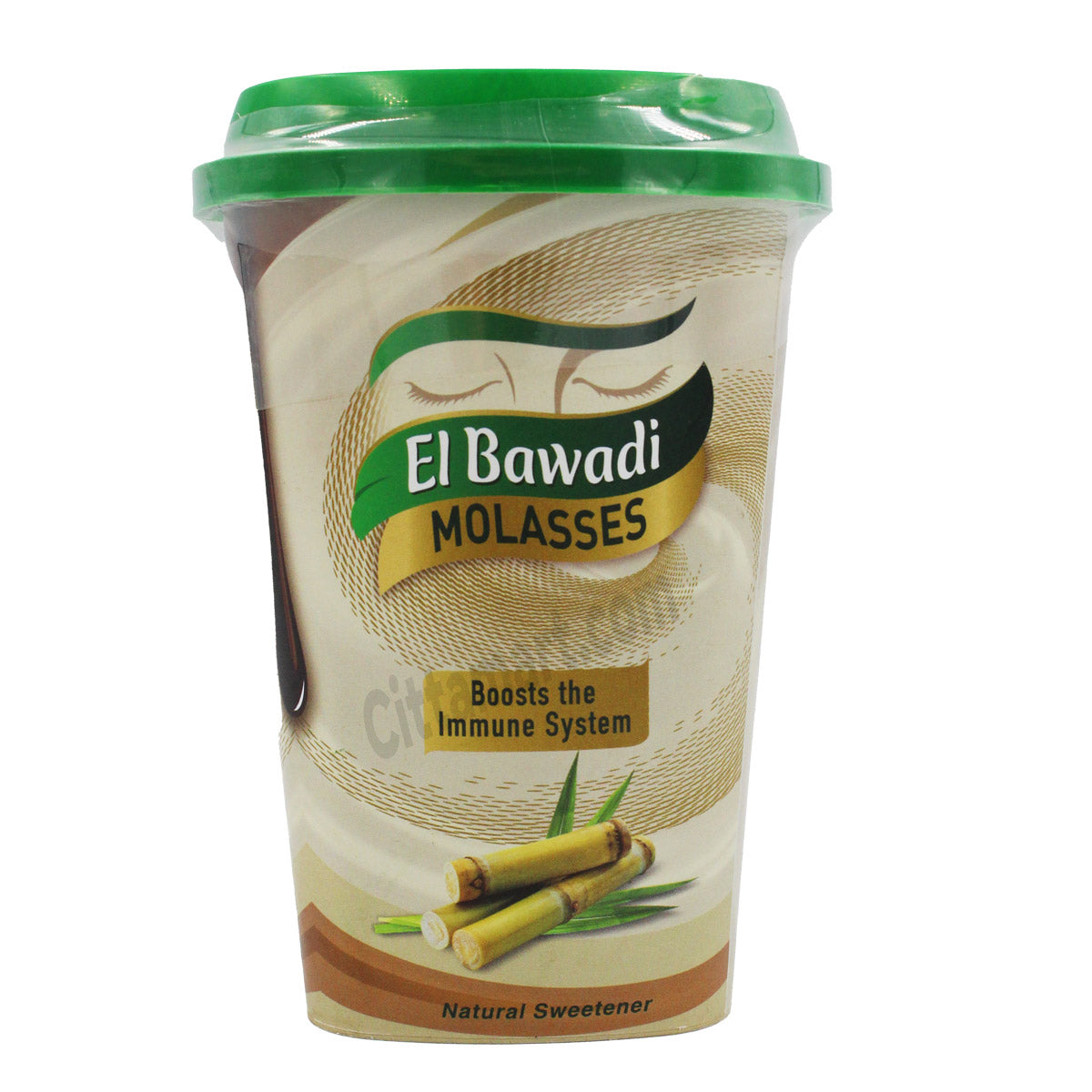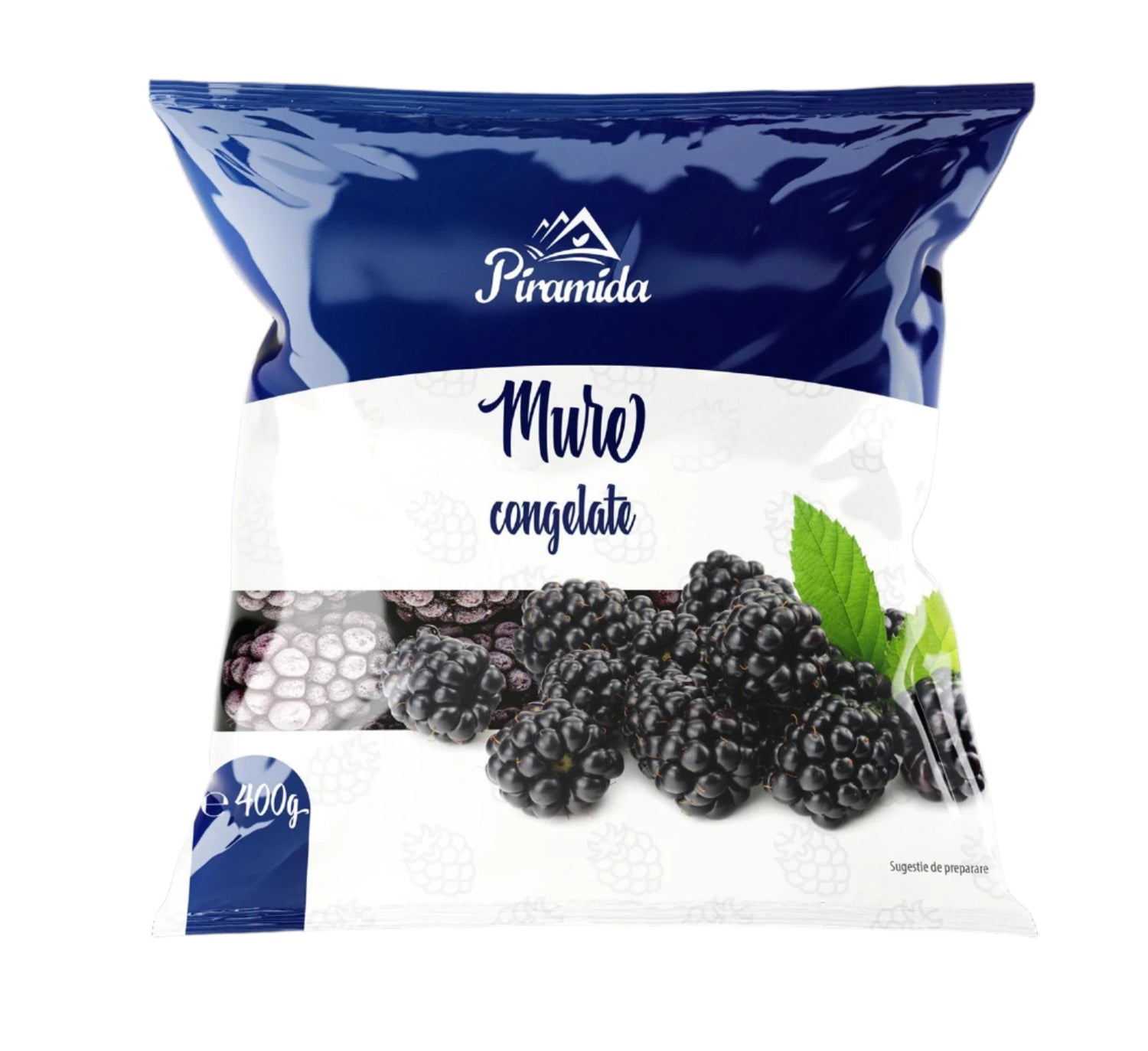
Broccoli
Benefits of broccoli according to official sources:
Broccoli is a highly nutritious vegetable, recognized for its health benefits. According to the US Food and Drug Administration (FDA) , broccoli is an excellent source of dietary fiber, which may reduce the risk of cardiovascular disease ( FDA ). The US Department of Agriculture (USDA) highlights its high content of vitamins (C, K, A) and essential minerals ( USDA ). The National Institutes of Health (NIH) mentions that compounds in broccoli, such as sulforaphane, may have anti-cancer properties ( NIH ). It also supports immunity and digestive health.

Mela
Benefits of molasses according to official sources:
Molasses is a natural sweetener that is rich in nutrients. According to the US Department of Agriculture (USDA) , molasses is a good source of iron, calcium, magnesium, and potassium ( USDA FoodData Central ). The National Institutes of Health (NIH) notes that the iron in molasses may help prevent anemia ( NIH - Iron ). It also contains antioxidants that may reduce inflammation, according to studies cited by the US National Library of Medicine ( PubMed ).
Note: The FDA has no specific claims about molasses, but the USDA and NIH confirm its nutritional value.

Black tea
Benefits of black tea according to official sources:
Black tea contains bioactive compounds with health benefits. According to the US Department of Agriculture (USDA) , black tea provides flavonoids with antioxidant effects ( USDA FoodData Central ). The National Institutes of Health (NIH) states that regular consumption may reduce the risk of cardiovascular disease and improve vascular function ( NIH - Tea and Cardiovascular Disease ). The US Food and Drug Administration (FDA) approves the claim that flavonoids in tea may contribute to heart health ( FDA - Qualified Health Claims ).

Blackberries
Benefits of blackberries according to official sources:
Blackberries are a fruit rich in essential nutrients. According to the US Department of Agriculture (USDA) , a 100g serving of blackberries provides:
- Dietary fiber (5.3g)
- Vitamin C (35% of the daily requirement)
- Vitamin K (25% DV)
- Manganese (32% DV)
( USDA FoodData Central )
The National Institutes of Health (NIH) notes that antioxidants in blackberries, such as anthocyanins, may help reduce inflammation and protect against chronic disease ( NIH - Antioxidants and Health ).
The FDA includes mulberries in the list of fruits beneficial for a healthy diet ( FDA - Raw Fruits ).
(100 words)
*Notes:
- USDA and NIH links lead to official scientific sources
- The FDA provides general information about the nutritional value of fruits
- Nutritional data refers to fresh blackberries*
